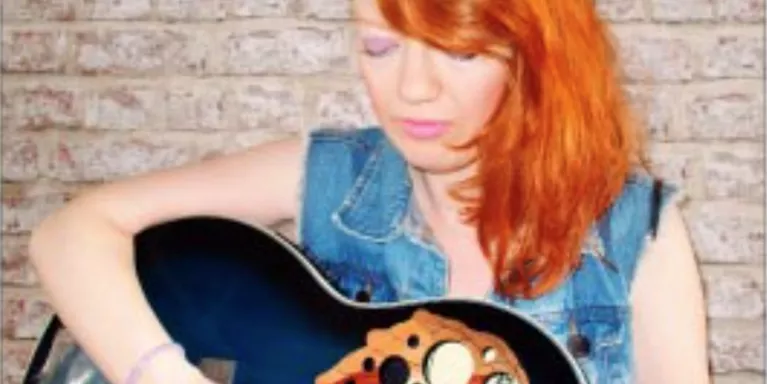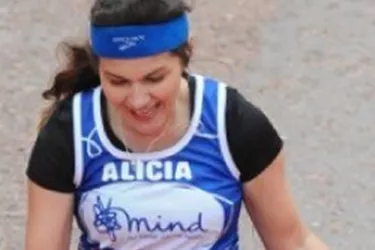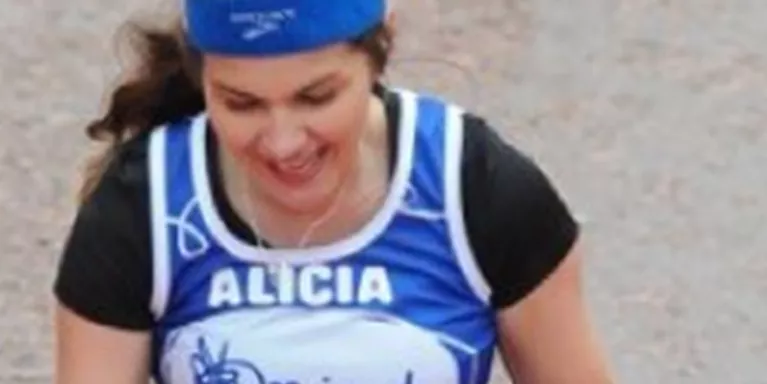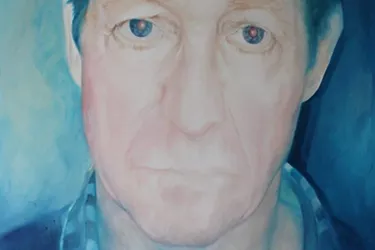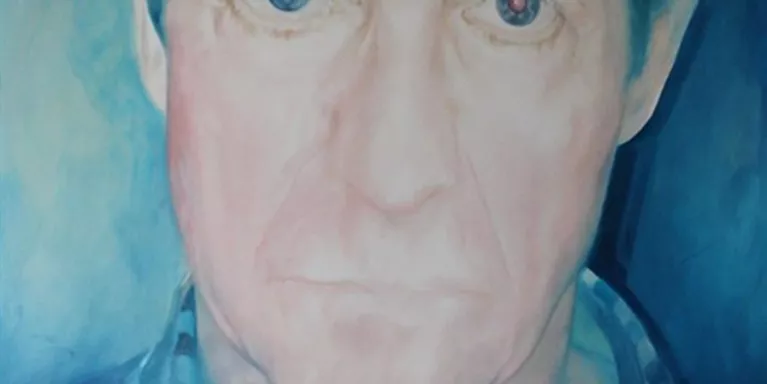The worst day of my life: one year on
Rachel blogs about the worst day of her life and her coping strategies one year on.
It’s normal to celebrate anniversaries; birthdays, weddings and relationship milestones to name a few. We all do something special to mark an anniversary of a date that’s important to us and makes us happy. This year however, I had a celebration of a different nature: I celebrated the one year anniversary of the worst day of my life.
I didn’t even realise the importance of the date until the evening. Once I came home from work and I started to wind down I looked at my phone and focused on the date and the dawning realisation of how different my life was now from this time last year sank in.
A year ago, I was sat in my best friend’s car feeling numb and exhausted with the energy it took convincing everyone around me I was perfectly fine when in fact I was depressedand had been for weeks. We’d just come from back from a drive to the sea in an attempt to distract me from my head, these beach trips had become more frequent over the past month. Most of that period of my life is a foggy blur, but I remember turning round to her and saying that I couldn’t do it any more, I was tired, I was scared of what I was going to do and I needed to go home. So I did. My Dad arrived three hours later and drove me back home, and I stayed there for a week, hiding from the world.
I have always had low points in my mood for as long as I can remember, but they started to get noticeably worse when I started Sixth Form. When I was 17 I started self-harming, only mildly, and about four times a year so I never saw it as being an issue. I would binge eat in excessive amounts; taking my frustration of my head out on my body.
It got worse when I went to university, I started seeing a counsellor in first year and it got better for a while, only for it to get so much worse come second year. I stopped sleeping properly, and there were nights when I had to sleep in my friend’s bed because I was scared of what I would do. My appetite waned and I started having anxiety and panic attacks that led to severe paranoia.
Until the day I went home that is. I was so embarrassed and ashamed for giving into my head and was convinced I was being a burden on my family and friends. I hated seeing them so concerned over me and I needed it to stop.
My counsellor had already taught me about mindfulness meditation and the importance of looking after your physical health when it came to depression but I had ignored her completely. I thought I could manage my depression without it. I was wrong.
So I started practising mindfulness, I still don’t have a grasp on the meditation part but I’m a lot better at being mindful of my head and body and noticing changes in them and being able to act before my head goes bad. I took up running, having never been a fan of sports at school, and that became my new therapy. I now work out about five times a week – for me, endorphins have become my natural anti-depressant and I am forever grateful for them. I hardly ever binge now and I eat as cleanly as I can. I cut out meat and dairy from my diet a few weeks ago and so far the difference has been incredible. My entire body feels cleaner and as a result my head is so much more manageable.
I’ve learnt to find the happiness in smaller things, in sunshine, singing badly to Taylor Swift in my best friend’s car, running a 10k after years of hardly being able to run to the end of the street.
I celebrated my anniversary not by having cake or a party, but by being as alive as I possibly could be the next day. It’s been a long process and I’m still not done. I still have bad days, but they’re now nowhere near as bad and I can spot the signs and act before I go into a downward spiral. I feel that however bad it gets I have the strength to pull myself out of it and be happy. If that’s not something to celebrate I don’t know what is.


Information and support
When you’re living with a mental health problem, or supporting someone who is, having access to the right information - about a condition, treatment options, or practical issues - is vital. Visit our information pages to find out more.
Share your story with others
Blogs and stories can show that people with mental health problems are cared about, understood and listened to. We can use it to challenge the status quo and change attitudes.











